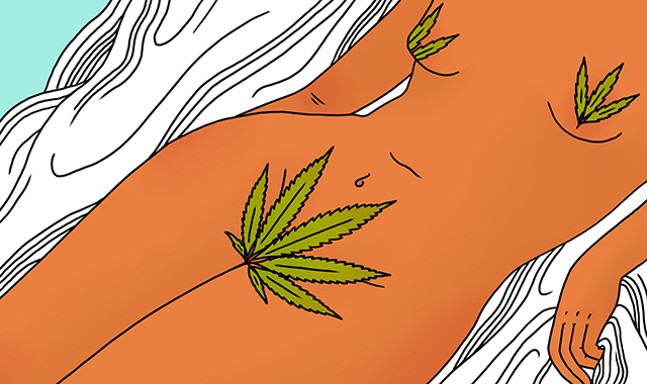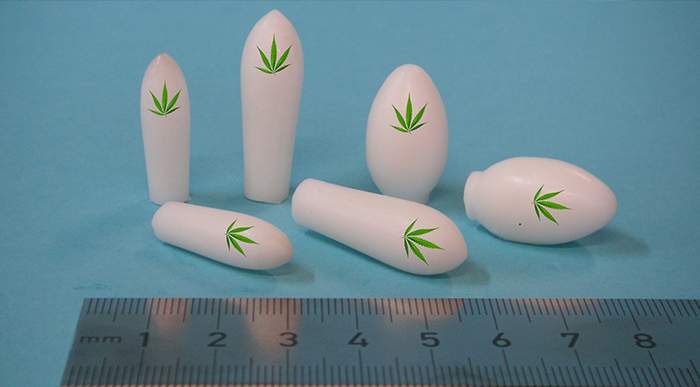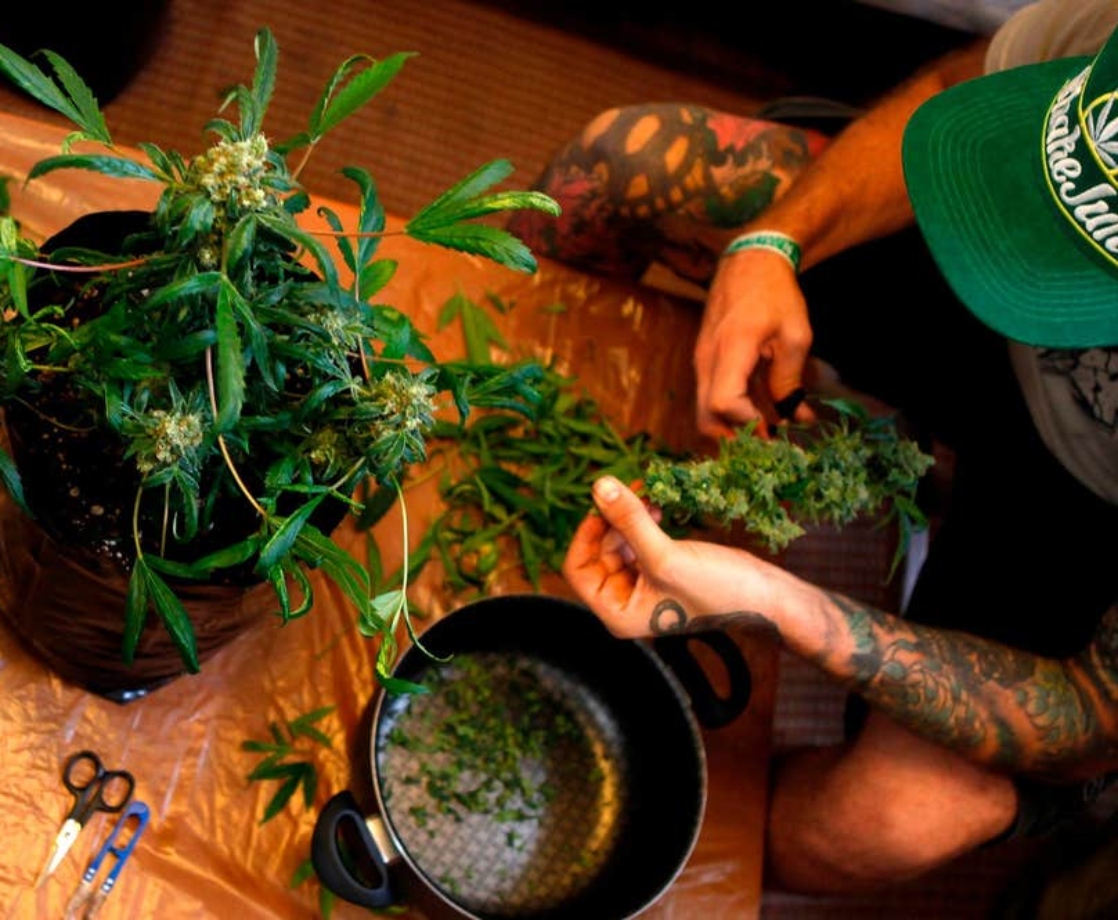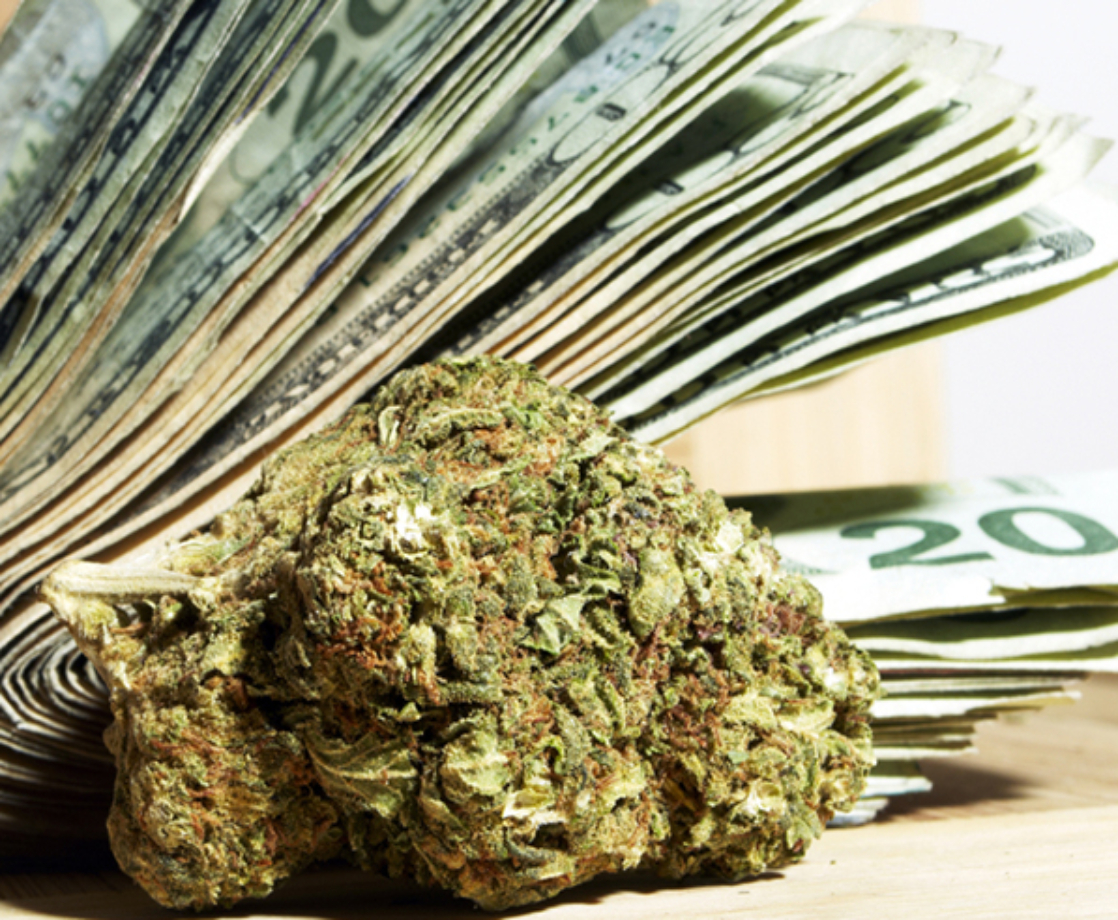Image via
This week, the US Food and Drug Administration (FDA) is hosting a public conference to discuss potential sex and gender differences in the effects of CBD and other cannabinoids. The conference is being hosted by the FDA’s Office of Women’s Health this Thursday, from 9AM to 4PM. Like most events being hosted during the pandemic, it will be online-only. The conference is free to attend, but participants must register in advance.
The FDA writes that the conference will “discuss potential sex (biological) and gender (psychosocial) differences in use and responses to cannabidiol (CBD) and other cannabinoids. Researchers, educators, clinicians, and patients may benefit from attending this multidisciplinary scientific conference.”
Dozens of health professionals, clinical researchers, and professors are scheduled to speak at four different panels over the course of the day. These panels will address healthcare provider and patient perspectives on CBD and other cannabinoids, sex differences in the effects of cannabinoids, the use of CBD during pregnancy, and government agency perspectives on CBD research and evaluation.
“Conditions for which CBD is often marketed, such as chronic pain, anxiety, depression, and sleep disturbances, are more prevalent in women than men,” the FDA explains. “Therefore, consideration of issues pertaining to the safety of CBD products may be particularly important to address in women. In addition, use of CBD and other cannabinoids during pregnancy is an important public health concern that will be highlighted at this meeting.”
The panel is part of the FDA’s ongoing research into the risks and benefits of CBD use. Hemp-derived CBD was legalized last year under the Farm Bill, but the FDA has yet to release regulations covering the sale of these products. Over the past five years, there has been an explosion of unregulated CBD products, including infused foods and drinks, lotions, lube, and pretty much anything else you can think of.
Last summer, the FDA submitted a draft of its CBD regulations to Congress, but these regulations have yet to be finalized. Without federal oversight, the CBD industry is in a “wild west” phase, where honest wellness-focused companies compete with firms that use illegitimate claims and fake advertising to promote their products. Independent analyses have found that many CBD products do not actually contain the amount of CBD that they advertise, and some have even been found to contain THC, heavy metals, or pesticides.
Fortunately, this week’s conference indicates that the FDA is continuing to work towards regulating these products. And a recent proposal introduced in the Senate Appropriations Committee would grant the agency another $5 million to fund additional research into CBD and other cannabis compounds.











